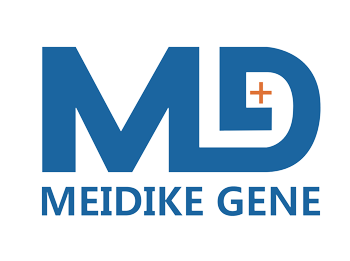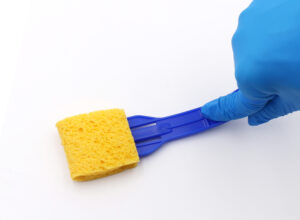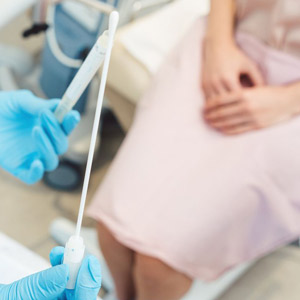Accurate diagnostic results are essential for effective patient care, and proper specimen collection plays a crucial role in ensuring the reliability of these results. The process of collecting biological specimens, such as blood, urine, saliva, or tissue samples, must be conducted with precision to prevent errors that could compromise diagnostic accuracy. Any deviation from standardized collection procedures can lead to contamination, degradation, or misidentification of specimens, ultimately affecting the validity of test outcomes. Therefore, healthcare professionals must adhere to strict protocols to maintain the integrity of specimens from the point of collection to laboratory analysis.
One of the primary concerns in specimen collection is the potential for pre-analytical errors, which account for a significant percentage of diagnostic inaccuracies. These errors can arise from improper patient preparation, incorrect labeling, inadequate sample volume, or inappropriate storage conditions. For instance, hemolysis in blood samples due to excessive force during collection or improper handling can interfere with biochemical analyses, leading to misleading results. Similarly, failure to follow proper timing guidelines for specimen collection, such as fasting requirements for glucose testing, can yield inaccurate readings that may impact clinical decision-making. By implementing standardized collection techniques and ensuring proper training for healthcare personnel, the risk of such errors can be minimized.
In addition to procedural accuracy, the choice of collection devices and materials also influences diagnostic reliability. The use of high-quality specimen collection tools, such as sterile swabs, vacutainer tubes, and transport media, helps preserve sample integrity and prevent contamination. For example, molecular diagnostic tests that detect infectious agents require specialized transport media to maintain the viability of pathogens during transit. Without appropriate preservation methods, microbial degradation or overgrowth of non-target organisms can occur, leading to false-negative or false-positive results. Consequently, selecting the right collection materials tailored to specific diagnostic needs is essential for obtaining valid and reproducible test outcomes.
Furthermore, proper specimen handling and transportation are critical factors in maintaining diagnostic accuracy. Once a specimen is collected, it must be stored under appropriate conditions to prevent degradation or alteration of its components. Temperature control is particularly important for certain biological samples, such as blood gases or microbiological cultures, which require specific storage conditions to maintain stability. Delays in transportation or exposure to extreme temperatures can compromise sample quality, rendering test results unreliable. To mitigate these risks, healthcare facilities must implement stringent protocols for specimen transport, including the use of temperature-controlled containers and timely delivery to the laboratory.
Another key aspect of proper specimen collection is patient identification and labeling. Mislabeling or misidentification of specimens can lead to serious consequences, including incorrect diagnoses and inappropriate treatment plans. To prevent such errors, healthcare providers must follow strict labeling protocols, ensuring that each specimen is accurately linked to the corresponding patient. The use of barcode systems and electronic tracking methods has significantly improved specimen identification, reducing the likelihood of human error and enhancing overall diagnostic accuracy.
Ultimately, the importance of proper specimen collection in diagnostic accuracy cannot be overstated. Every step in the collection process, from patient preparation to sample transportation, must be meticulously executed to ensure reliable test results. By adhering to standardized protocols, utilizing appropriate collection materials, and implementing robust quality control measures, healthcare professionals can minimize errors and enhance the precision of diagnostic testing. In doing so, they contribute to improved patient outcomes by enabling timely and accurate medical interventions based on trustworthy laboratory findings.



